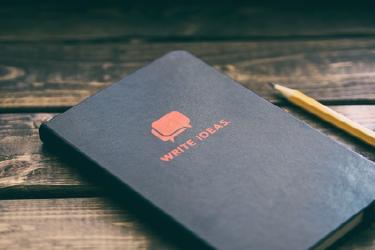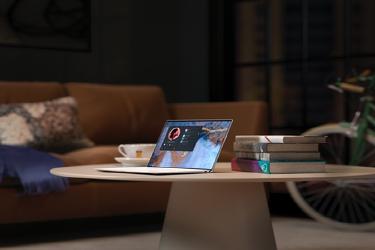
“The one who does the work does the learning” - Terry Doyle
Did you ever stop before starting an article or a book and think, why do I want to read this? I’ll help you answer it for this article; to know how to learn better and understand more. But what about other items or even conferences, books, documentaries, etc.? That question is one of the primary ways you can get more understanding and learn out of those media. Curation, being an active reader, and “reading with a pen in hand” are pretty fascinating concepts. I keep coming across those in various forms, in knowledge management. The main reason for it is the increase in learning and retention from doing those. Given that learning and using information are the core of all information related jobs, I’ll go over how you could apply it for yourself.
Curation
How do you decide what to read? Do you look for an interesting title? Recommendation from friends? Links shared on social media? Curating what you read is a powerful idea, and it can be very revelatory. Many of your ideas, if not all, come from what you consumed before. That includes reading, hearing, watching, talking, or just experiencing. Given that fact, you can imagine information entering your brain as “food” for your thoughts. Just like normal food, you don’t want to feed yourself with only fast food. Most of us already intuitively understand how to do that with our bodies. Things like eating fresh food, cooking meals, healthy recipes, no restaurant every day, etc. But what about the food for your thoughts? That’s where curation comes in. It’s a way to filter out “fast food” from your input and replace it with higher value information. Also worth noting, here, higher values don’t necessarily mean longer form. It usually results in consuming longer-form overall, but what you want is information that is more meaningful to you.
An excellent filter to apply for the curation is this, what am I interested in at the moment? Do I have a big project coming up for work? Do I know I want to learn how to build a new bathroom in my house? Do I want to try this new shiny language I see people using all the time? Then I could filter information based on those areas. Find high-quality sources for all of those areas and then learn from them. If you have a reason for ingesting the information, you will have more ideas, connections, and you will remember more. From there, what you want to do it write those ideas and connections down. As soon as you have them or as soon as possible either on paper, journal, post-it, notes app, anything goes.
Writing
If you want to really understand something; you have to translate it into your own words.
Writing down ideas is one of the best ways to remember them since you don’t have to. It’s also a great way to make connections as you grow your knowledge on a topic. But it has other advantages, mainly helping with clarity and understanding. If you write about a topic, even just for yourself, it will force you to see where you’re unclear. If you have trouble writing the ideas, you probably don’t understand them well enough. Then you can take that realization and decide to read more on the topic or maybe reflect more on it.
We tend to think we understand what we read – until we try to rewrite it in our own words.
If you can go ahead and rewrite the idea correctly in your own words, it’s a sign you understand it well. Teaching others the concept also works similarly, but doing so might be harder in general. It requires you to have people who are interested in that same topic you’re trying to learn. Whereas if you’re writing for yourself, you can do it at any time without external help. Another effect of this practice is that it will highlight high-quality sources very quickly. If you just finished an entire article without writing anything, then it might not have been of good quality. Or maybe it’s simply not a good fit for your current projects, areas, life. Something to be aware of finally is that writing your thoughts and idea as you read is a skill. It will take time to get going and effort since it’s not passive reading.
Be active
Being active with the information you consume can only make it better. You will be able to curate information, which will reduce your information intake but increase its quality. That should lead to more and better ideas over time about exciting topics. Those will then build on themselves as you learn and grow into skills and learning. The final tip here is to start going. Since this is a skill that requires effort and time to grow, you should start now. Take some time to curate your current reading/watching list and remove the uninteresting items. Start to take notes as you listen to a podcast, video, audiobooks. Soon enough, if you keep at it, you will gain back most of your previous speed and, on top, will get to learn more.
Next up literate doing, why you might want to write things you do as you do them.


